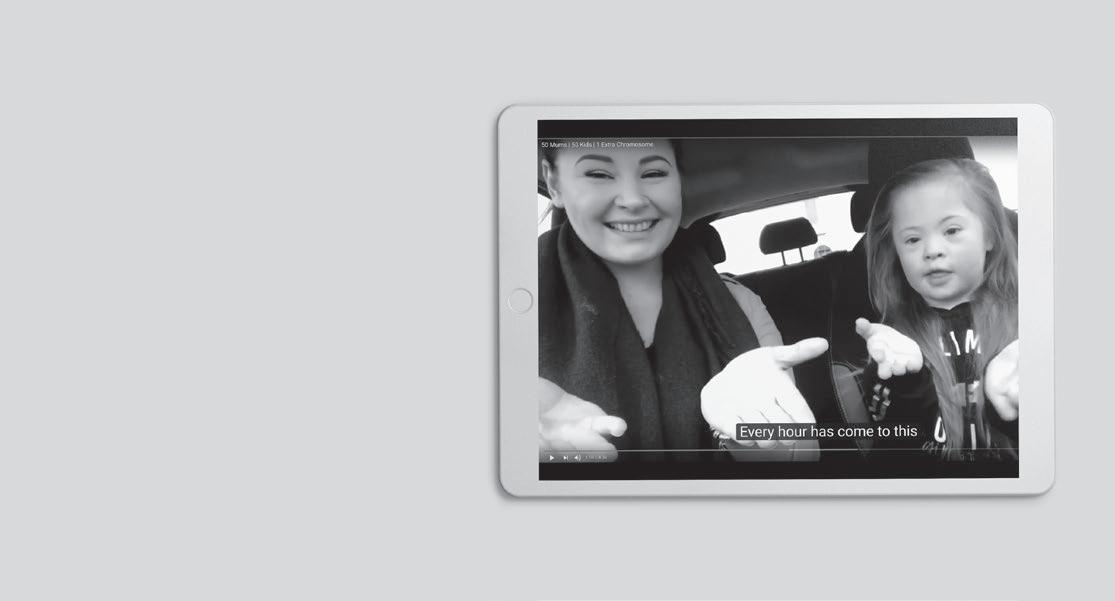Update Report From The Disability Consumer Consortium I attended the Disability Consumer Consortium at the Brentwood Hotel, Wellington, for a three day conference from 1 – 3 November. I got to meet other people from all over New Zealand and some of them had disabilities such as cerebral palsy, blind or low vision, hearing impairment, and autism. We had some guest speakers who talked to us about how the Disability Consumer Consortium works and what it will do in the future. Issues we discussed at the meeting were: •
• •
•
•
• •
•
• • •
t h e p rov i s i o n o f a f f o rd a b l e p h o to identification so people with disabilities can prove who they are; the development of a flexible respite budget to better meet individual needs; having experienced doctors and nurses who are skilled at helping people with disabilities when they are being treated in hospital; raising awareness about the need to keep medical information of patients with disabilities private to maintain confidentiality; the process of giving feedback to survey people with disabilities so that they can read it in an Easy Read format with both simple words and visuals; to improve the quality of life for people with disabilities living in society; children being abused and ill-treated at home by anyone in their family for not understanding their surroundings and behaviour; helping to make decisions for families to teach their children who have disabilities with learning to read, having a social life, developing their own personalities, and to have a Supported Living Benefit; having an annual bowel screening; for women every two years to have a breast screening to get checked for breast cancer; an agreement has been made to plan a strategy that will be completed in ten years by the New Zealand Disability Strategy;
•
•
•
•
•
pay equity for individualised funding is going to be contracted by the Ministry of Health and will be incorporated into the contract price; t h e G ove r n m e n t h a s a n n o u n ce d a significant funding increase for cochlear implants for last year and for 2018 which 100 people will receive; it was agreed that three days is long enough for the length of attendance at the disability support services meetings; tangata whaikaha and whānau is still a very important priority for the Ministry of Health. They need to learn to speak English as a second language before going to school; it was very important to have choices, control and flexibility in life, and to have an opinion which is listened to.
I am hoping that many people, organisations and viewers will enjoy reading this report. I greatly enjoyed my time at the DCC meeting. Reported by Andrew Oswin STRIVE Representative New Zealand Down Syndrome Association
Update Report From The Disability Consumer Consortium
21














